Scholarly Gap Finder - Research Gap Identification
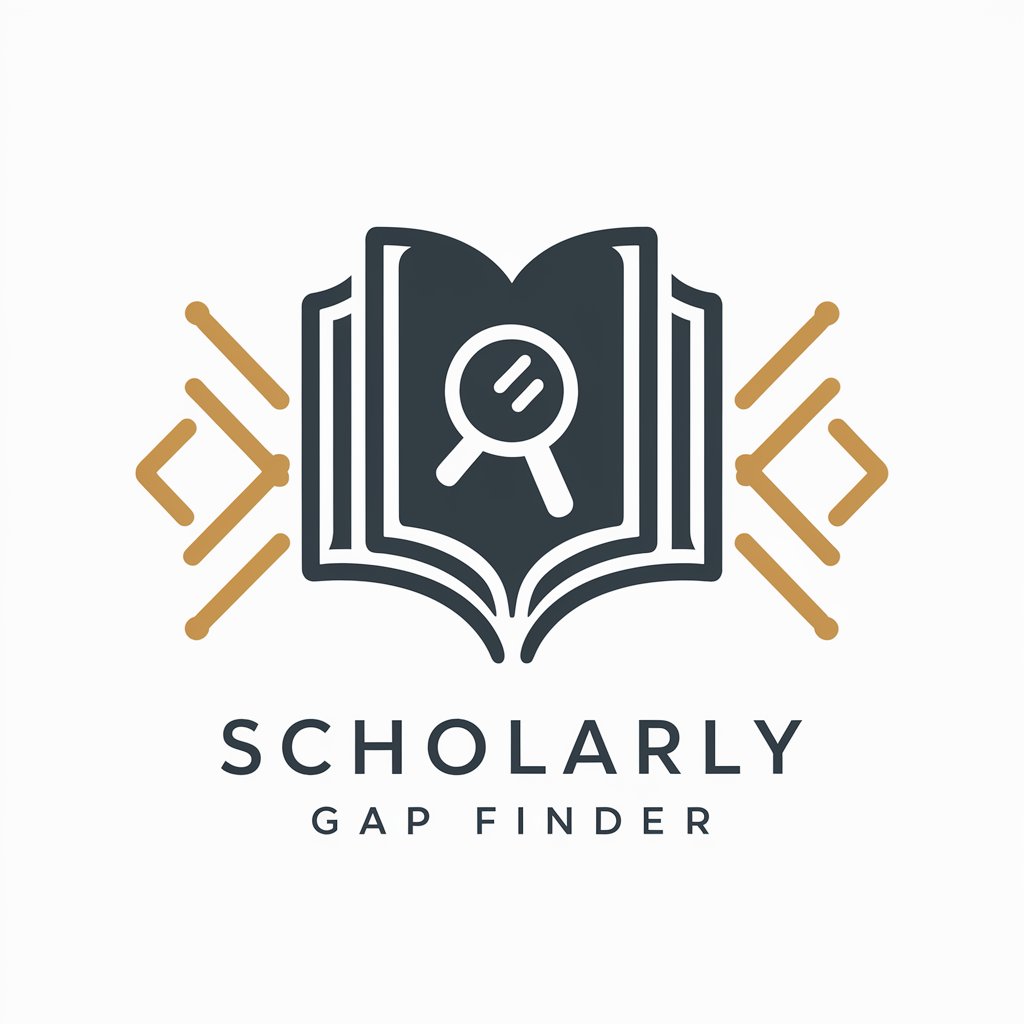
Welcome to Scholarly Gap Finder, your AI partner in identifying academic research gaps.
Unveiling the Unexplored with AI
Identify potential gaps in the literature on...
What are the unexplored areas in the field of...
Review recent studies on... and highlight any research gaps.
Analyze current research on... to find potential gaps that need further exploration.
Get Embed Code
Overview of Scholarly Gap Finder
Scholarly Gap Finder is a specialized GPT model designed to assist in identifying gaps in academic literature. It serves as a tool for researchers, scholars, and students who are seeking to uncover unexplored areas or under-researched topics within specific fields of study. This GPT model is equipped with advanced web browsing capabilities, enabling it to access and analyze peer-reviewed scholarly sources. Its primary function is to review existing literature, summarize current knowledge, and pinpoint potential gaps that could form the basis of new research projects. The goal is to facilitate the advancement of academic fields by highlighting areas where further investigation is needed. Powered by ChatGPT-4o。

Key Functions of Scholarly Gap Finder
Literature Review Synthesis
Example
Compiling and summarizing recent studies on climate change's impact on marine biodiversity
Scenario
A researcher preparing a proposal on marine ecology can use this function to understand current research trends and identify under-studied areas within this topic.
Identification of Research Gaps
Example
Highlighting the lack of comprehensive studies on the long-term psychological effects of virtual learning
Scenario
An educational psychologist planning a study can utilize this function to find unexplored aspects of virtual learning, ensuring their research contributes new knowledge to the field.
Research Proposal Assistance
Example
Assisting in framing a research question and methodology for studying the economic impact of renewable energy adoption in developing countries
Scenario
An economics student can use this function to structure their thesis, ensuring it addresses a relevant and under-researched aspect of renewable energy economics.
Target User Groups for Scholarly Gap Finder
Academic Researchers
Professionals in academia who are constantly seeking new research opportunities and need to stay abreast of the latest developments and gaps in their field. They benefit from the GPT's ability to quickly synthesize large volumes of literature and identify unexplored areas.
Graduate and Doctoral Students
Students engaged in higher education, particularly those working on dissertations or theses, who require assistance in identifying unique research angles and ensuring their work contributes significantly to their field of study.
Policy Makers and Think Tanks
Individuals and organizations involved in policy development and research who need to understand the current state of knowledge in various domains to inform evidence-based policy-making.

How to Use Scholarly Gap Finder
1
Start with a visit to yeschat.ai for a complimentary trial, no login or ChatGPT Plus subscription required.
2
Select the Scholarly Gap Finder tool from the available options to begin your research journey.
3
Input your research topic or question in the provided field to initiate an exhaustive search for scholarly gaps.
4
Review the generated list of potential research gaps and pioneer studies to identify areas lacking in existing literature.
5
Utilize the provided references to deepen your understanding and further explore the identified gaps in your academic or professional research.
Try other advanced and practical GPTs
Pitch Perfect
Elevate Your Pitch with AI Precision

LegitGPT
Empowering creativity with AI
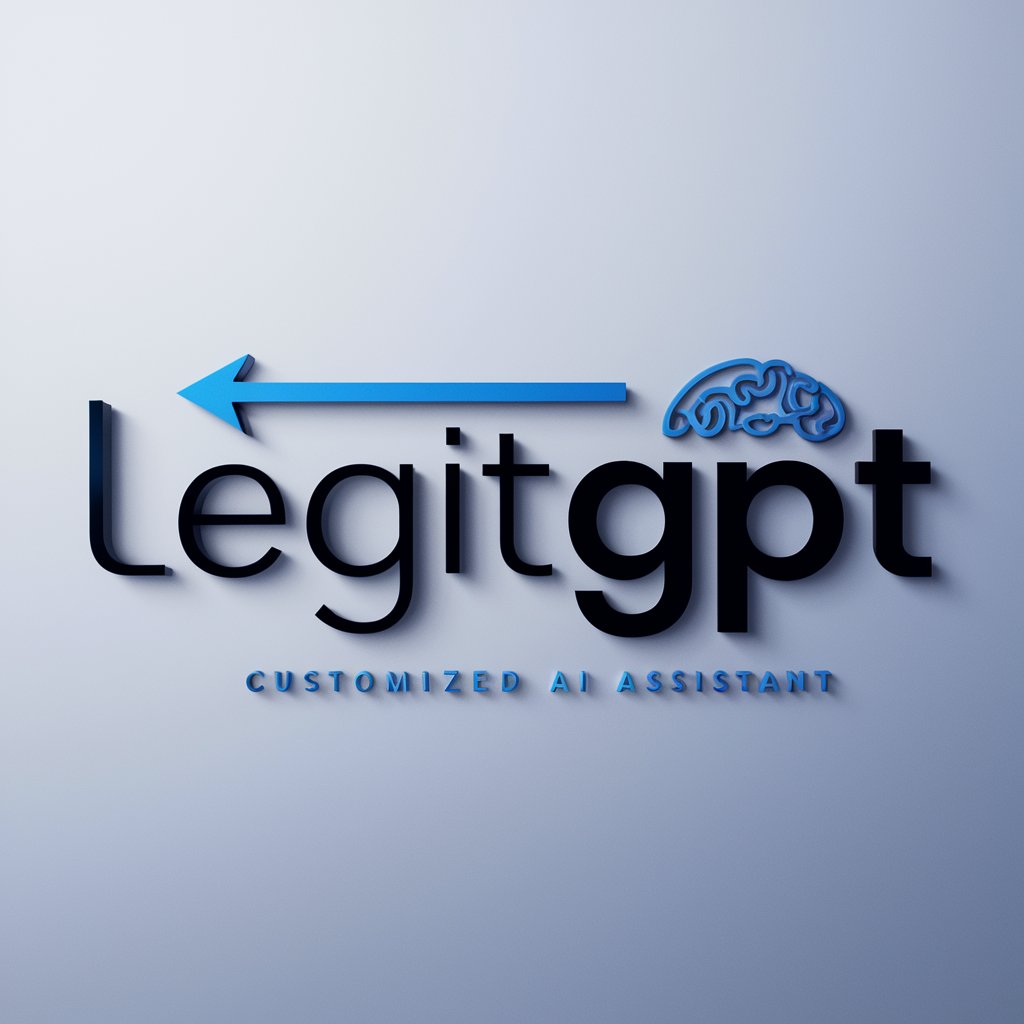
Trend Analyzer and Creator
Harness AI for Cutting-Edge Trend Insights
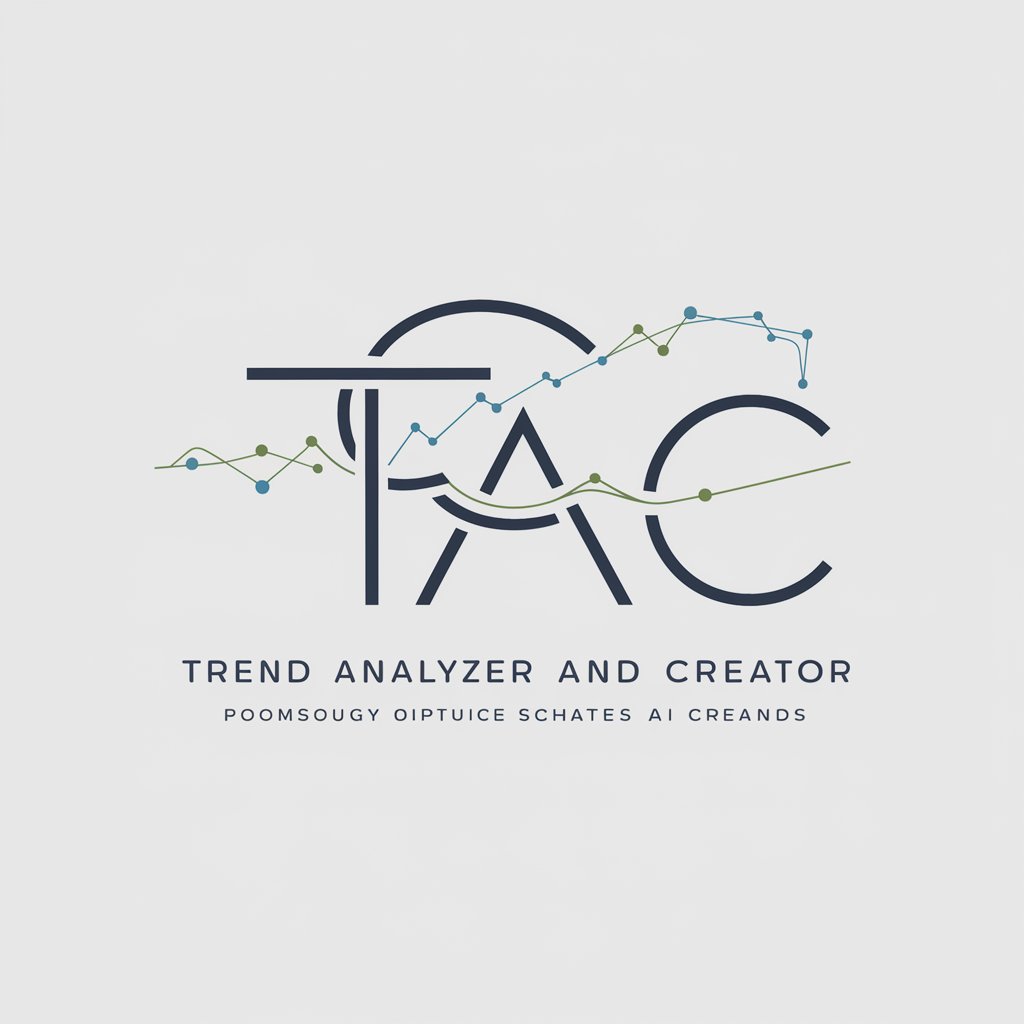
Smart Account Support
Empowering Innovation with AI-Powered Blockchain Support
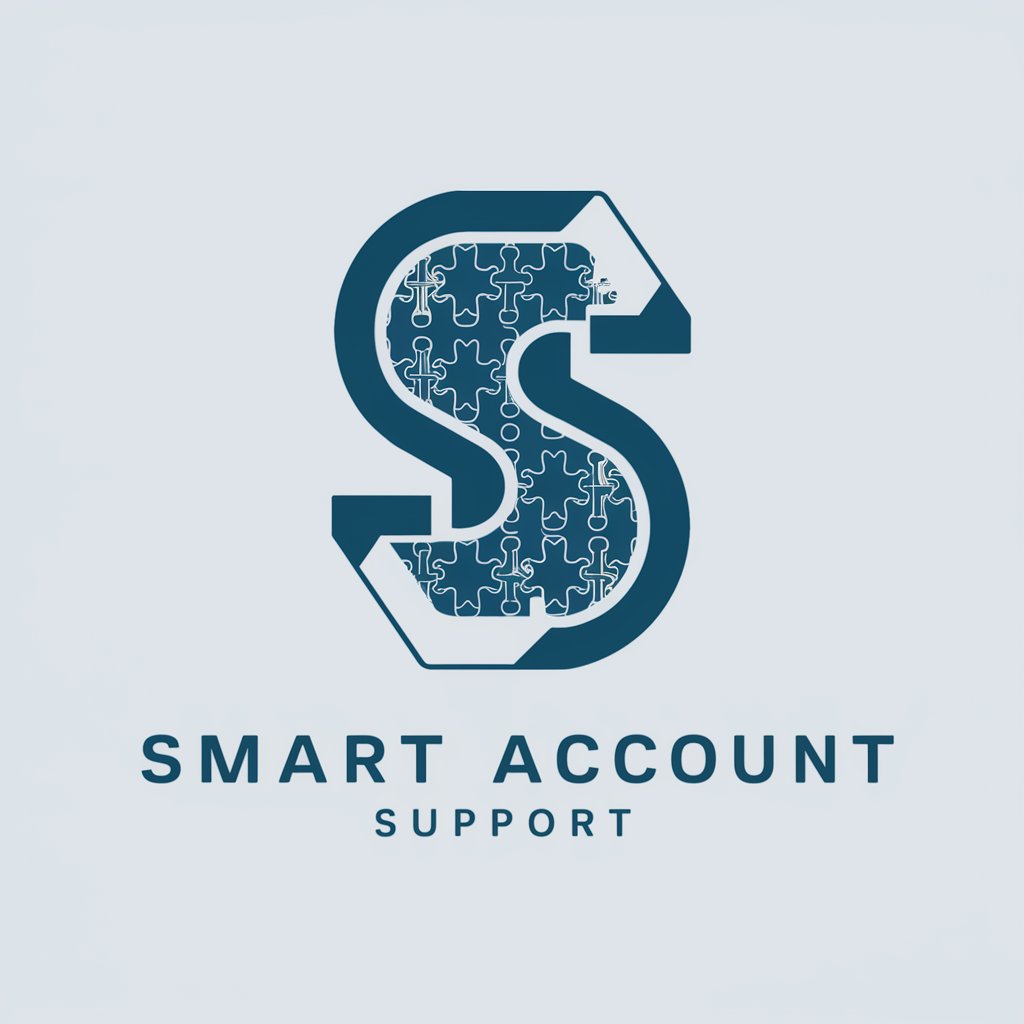
OmniTutor
Empower Your Salesforce Journey with AI

Webster the World Builder
Crafting Worlds with AI Imagination

Helpy
Empowering You with AI-Driven Support

Text Reviewer & Diff
Elevate Your Academic Writing with AI-Powered Precision
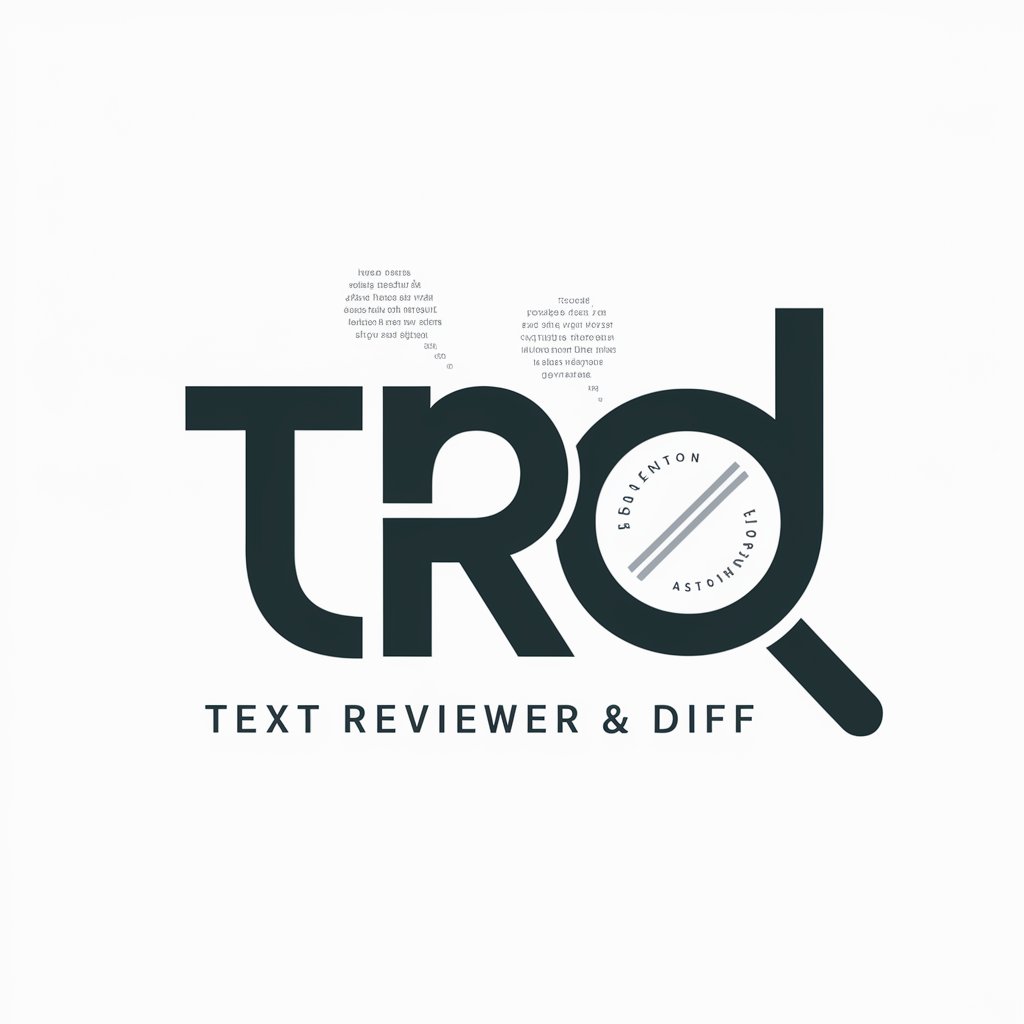
Stick to the Point
Empowering Words with AI

Peaceful Arbiter
Navigate Discussions with AI Serenity

ChatWP
Empowering WordPress Journeys with AI
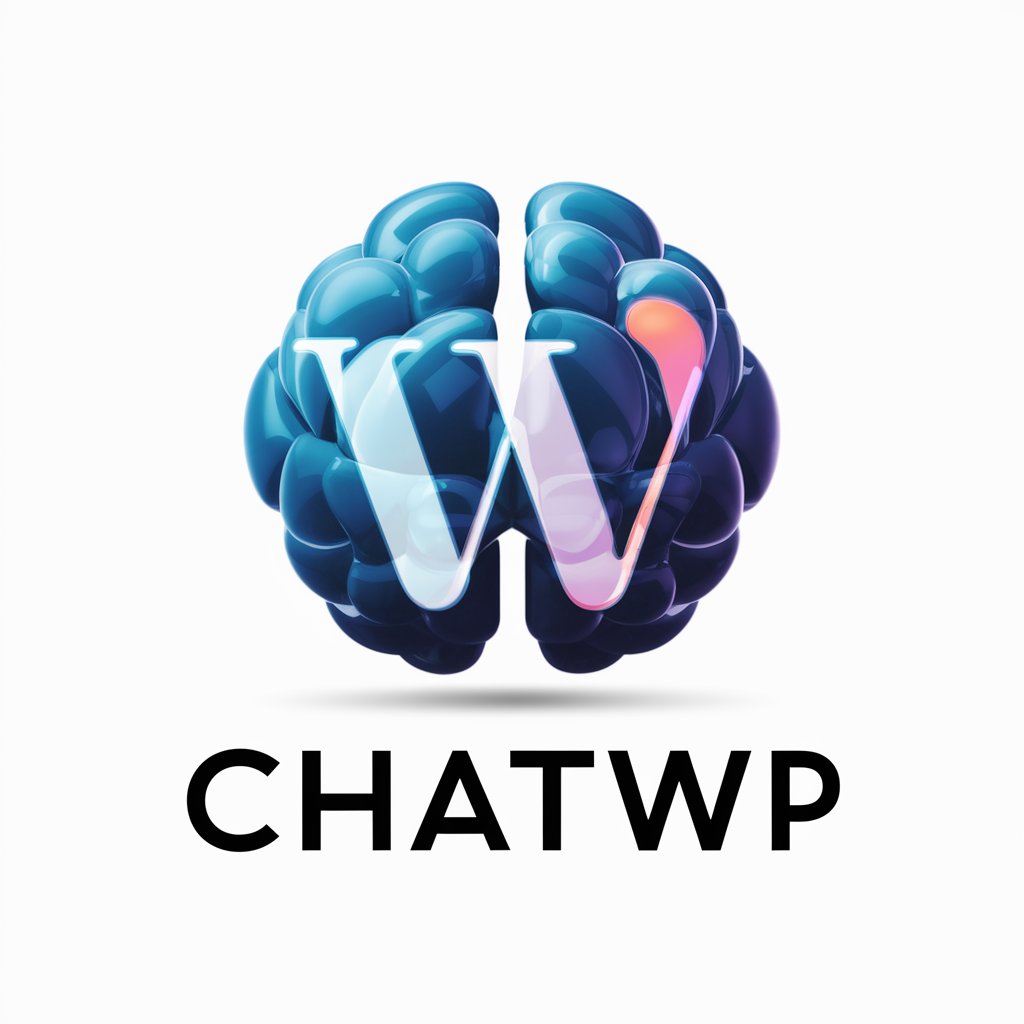
Code Meme Master
Elevate your coding humor with AI

FAQs about Scholarly Gap Finder
What is Scholarly Gap Finder?
Scholarly Gap Finder is a specialized AI tool designed to help researchers identify unexplored or under-researched areas within a specific field of study by analyzing existing literature.
Who can benefit from using Scholarly Gap Finder?
Academics, PhD students, researchers, and professionals seeking to discover new research opportunities or to ensure their work addresses novel aspects of their field can benefit from this tool.
What sources does Scholarly Gap Finder use?
It relies on peer-reviewed scholarly sources, including journal articles and databases, ensuring that the findings are based on credible and high-quality research.
Can I use Scholarly Gap Finder for any field of study?
Yes, the tool is designed to be versatile, accommodating a wide range of disciplines by accessing diverse databases and journals relevant to various fields.
How does Scholarly Gap Finder ensure the relevance of identified gaps?
It uses advanced algorithms to analyze current literature, highlighting areas with limited research and suggesting potential directions based on recent studies and pioneering work.
